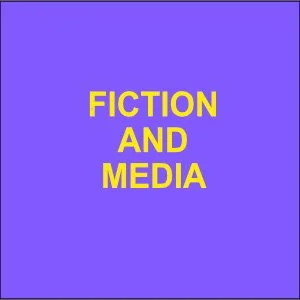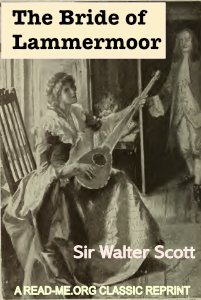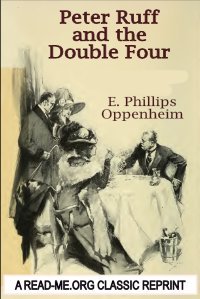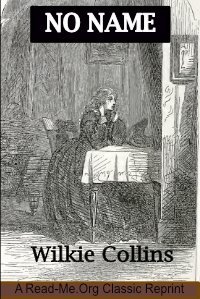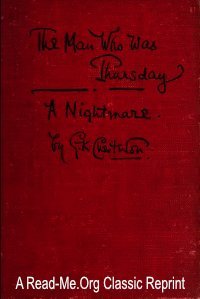By Katharine Susannah Prichard
From the jacket: No writer has painted a more vivid picture of the tragic meeting of primitive and civilized humanity than Katharine Susannah Prichard in Coonardoo. First published in 1929, this remarkable novel has become an Australian classic, as moving in its delicate portraiture of an aboriginal girl as it is revealing in its authentic knowledge of the outback scene in northwestern Australia. The little black girl Coonardoo and the boy Hugh are childhood playmates, and the relationship that gradually develops from their early bond is compelling and disastrous. Coonardoo has her tribal partner; Hugh, the station-owner, must marry. This drama is played out in the deserts and cattle country of the northwest, a cruel story redeemed by the poetic quality-of Coonardoo and her devotion to the man whose race dealt so harshly with hers.
Melbourne. Angus and Robertson. 1929.

